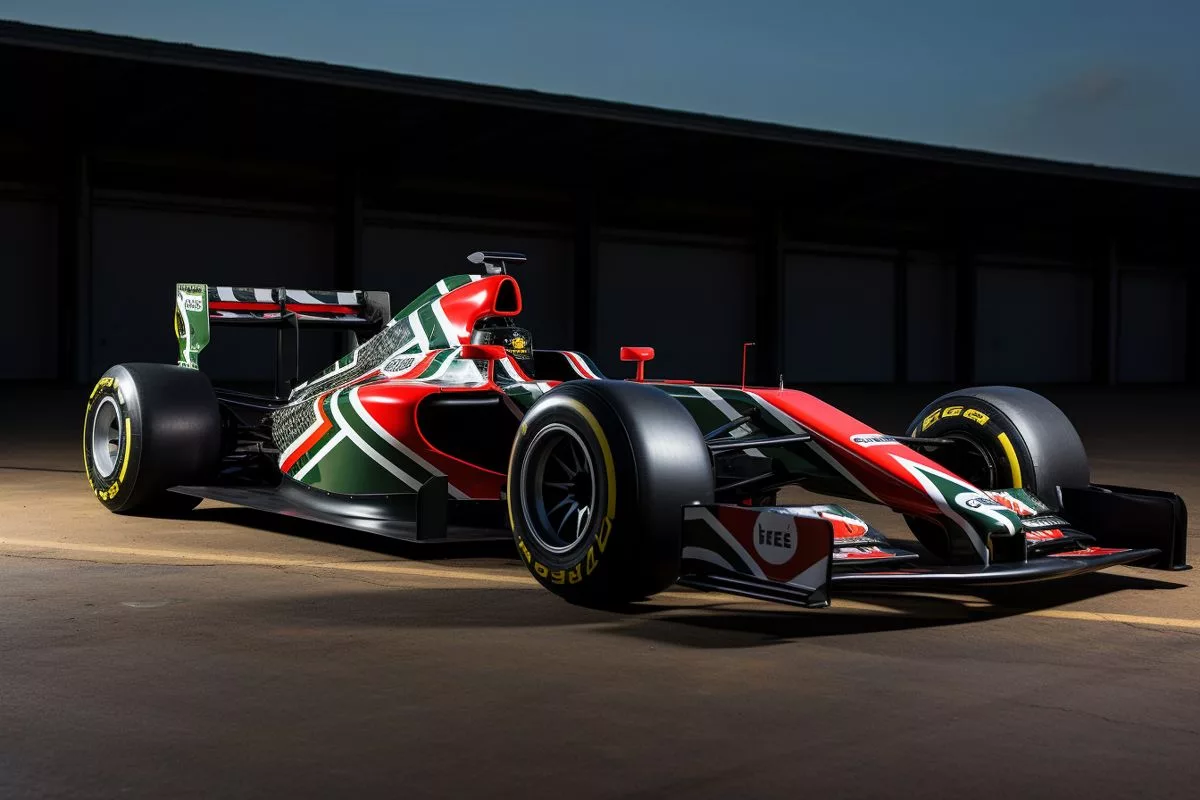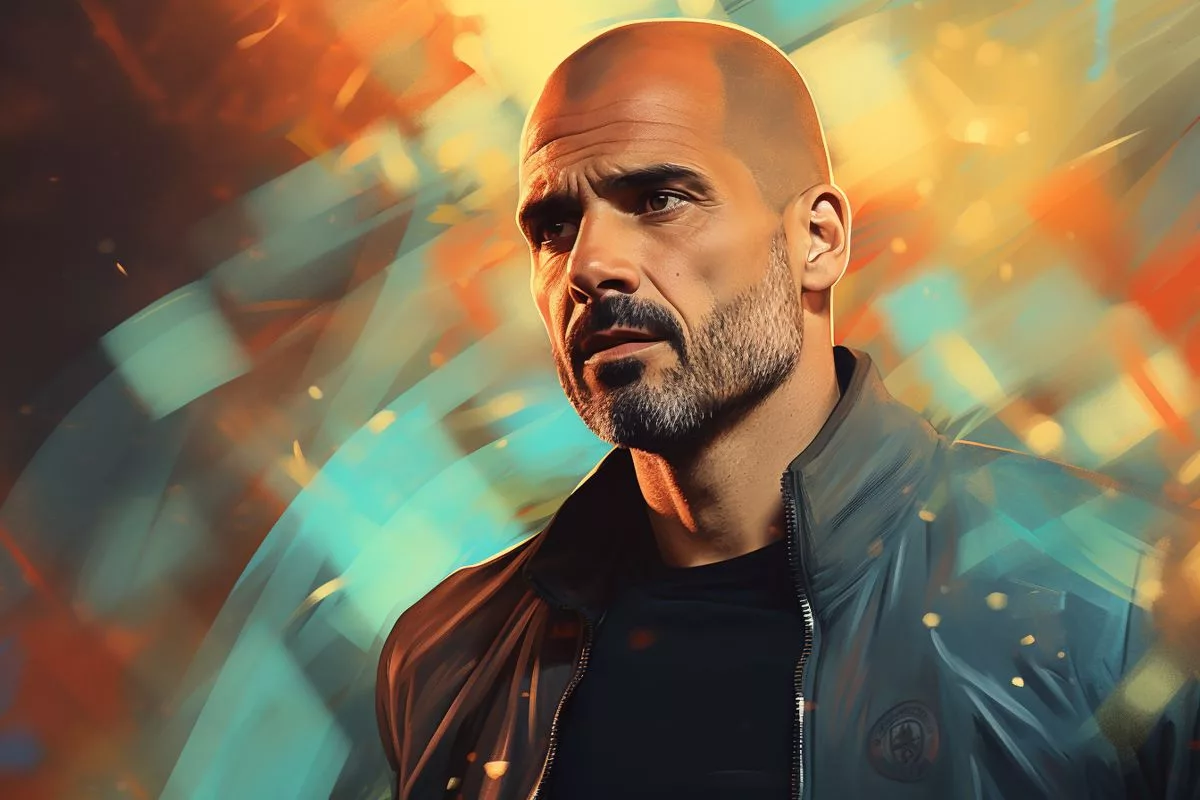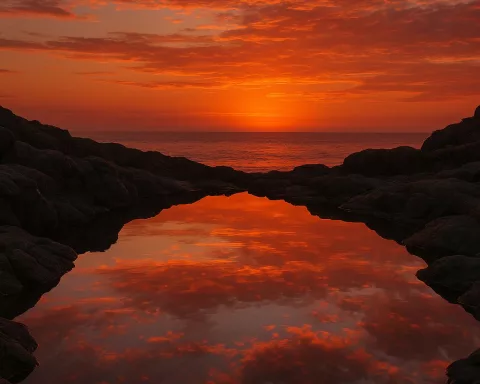Lewis Hamilton has promised to continue racing until South Africa hosts a Grand Prix again, despite the country not holding one since 1993. Hamilton’s commitment goes beyond his passion for racing and includes promoting inclusivity and diversity while creating opportunities for local talent. Although the return of the Grand Prix to South Africa is uncertain, Hamilton’s pledge serves as a glimmer of hope for fans and supporters.
Lewis Hamilton has pledged to continue racing until a South African Grand Prix is once again hosted. South Africa has not held a Grand Prix since 1993 at the Kyalami Racing Circuit, and various attempts to bring it back have failed. Hamilton’s commitment to the race goes beyond just a passion for racing and includes a desire to promote inclusivity and diversity and to create opportunities for local talent. While the return of the Grand Prix to South Africa remains uncertain, Hamilton’s pledge serves as a glimmer of hope for fans and supporters.
Formula 1’s seven-time world champion, Lewis Hamilton, has thrilled fans and social justice enthusiasts with an exciting announcement. He has decided to extend his esteemed career until South Africa once again hosts a Grand Prix. This audacious promise comes as Hamilton readies himself for the final race of the 2023 season in Abu Dhabi, United Arab Emirates.
Hamilton’s Bold Declaration
During a fan engagement session, Hamilton fielded questions about the prospects of a South African Grand Prix. Despite a challenging Saturday qualifying session that saw him slated to start from the 11th spot on the grid, he responded passionately to the queries. “I’m committed to trying to get South Africa back on the F1 calendar. It would be a dream come true for them to host a race again. I won’t cease racing until they succeed,” he affirmed.
South Africa has found itself yearning for a Grand Prix since it last hosted one in 1993 at the legendary Kyalami Racing Circuit. Since then, various promoters have attempted to negotiate with F1’s senior management to return the distinguished race to the Rainbow Nation.
The Journey to a South African Grand Prix
However, the journey to resurrect a South African Grand Prix hasn’t been without its hurdles. Jody Scheckter, the only South African F1 champion, spearheaded an initiative to restore the Kyalami circuit for a 2024 race. But these plans fell through due to disagreements among the various stakeholders involved.
Hamilton’s desire for a race in South Africa surpasses a public commitment. According to reports, the F1 champ has discussed this aspiration with Formula 1 CEO Stefano Domenicali. Hamilton told Motorsport Week, as reported by Sports Illustrated, “I understand there’s a fair share of people criticising Stefano and Liberty’s direction, but I believe they’ve been doing an exceptional job.”
Hamilton acknowledges the sport’s expansion and is optimistic about its future, particularly with an upcoming movie release. His advocacy for a race on the African continent, whether in South Africa or another country, is fueled by his vision of having the sport represented globally.
Hamilton’s Commitment to Inclusivity and Diversity
Hamilton’s pledge carries an immense symbolic significance, given the racial and social justice movements that have recently dominated F1 narratives. His campaign to bring the Grand Prix to South Africa transcends racing—it’s about fostering inclusivity and diversity, acknowledging the continent’s enthusiastic fan base, and creating opportunities for local talents to shine.
Hamilton’s resolve to see a Grand Prix in South Africa characterizes his spirit and drive both on and off the track. He is more than just a racer; he is a crusader for change. While the return of the Grand Prix to South Africa remains an uncertainty, Hamilton’s commitment serves as a glimmer of hope for fans and supporters. It remains to be seen whether his dream will materialize. One thing is clear: the F1 champion won’t be retiring until it does.
What is Lewis Hamilton’s pledge?
Lewis Hamilton has pledged to continue racing until a South African Grand Prix is once again hosted.
When was the last time South Africa hosted a Grand Prix?
South Africa has not held a Grand Prix since 1993 at the Kyalami Racing Circuit.
What is the significance of Lewis Hamilton’s commitment to a South African Grand Prix?
Hamilton’s commitment to the race goes beyond just a passion for racing and includes a desire to promote inclusivity and diversity and to create opportunities for local talent.
Has there been any progress to bring a Grand Prix back to South Africa?
Various promoters have attempted to negotiate with F1’s senior management to return the distinguished race to the Rainbow Nation, but the journey to resurrect a South African Grand Prix hasn’t been without its hurdles.
Who has Lewis Hamilton discussed his aspiration for a South African Grand Prix with?
Hamilton has discussed his aspiration with Formula 1 CEO Stefano Domenicali.
What is Hamilton’s commitment to inclusivity and diversity?
Hamilton’s campaign to bring the Grand Prix to South Africa transcends racing—it’s about fostering inclusivity and diversity, acknowledging the continent’s enthusiastic fan base, and creating opportunities for local talents to shine.












